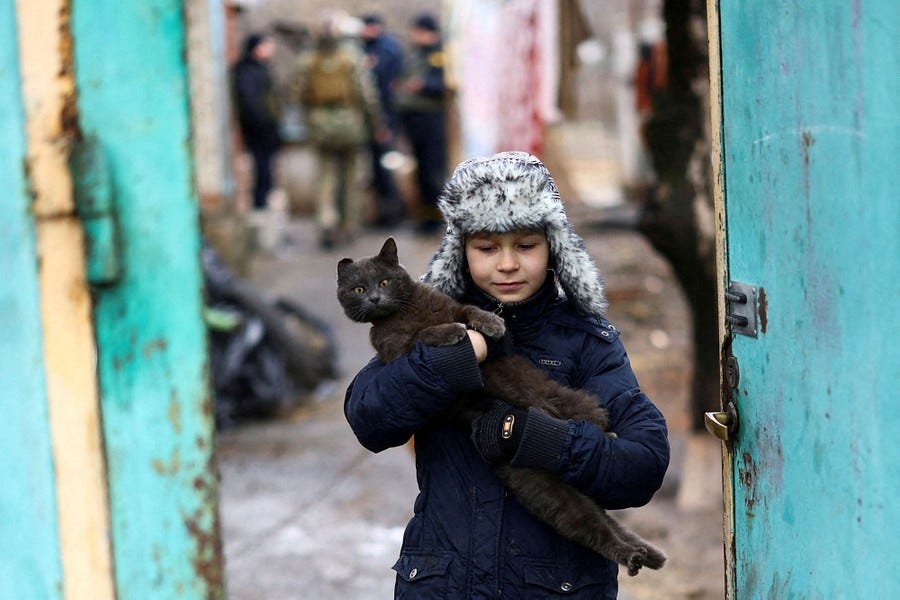
Welcome to your weekly edition of the Top 5 articles we’ve read this week. Each week, we read dozens of articles in the hope we find essays and reporting that speak to big ideas, trends, future looks, and incredible human stories. We hope you enjoy our list, and do always let us know if you have a suggestion or a recommendation! Please also consider becoming a paid subscriber if this is one of those newsletters you open up all the time or look forward to each week. We also greatly encourage gift subscriptions!
The Top 5 articles for your week:
“What Does It Mean to Romanticize?” (Substack - Cafe Hysteria)
Because this is an essay on romanticizing the mundanity of life, and the role of social media: “I’ve realized that what turns me off about online discourse about romanticization is its modern association with oversharing online.”
“Everything you think you know about homelessness is wrong” (Substack - Noahopinion)
“Because if you want to understand homelessness, you have to follow the rent. And if you follow the rent, you will come to realize that homelessness is primarily a housing problem.”
“Hannah Arendt and the Loss of a Common World” (Hedgehog Review)
Because:
The core insight to which commentators on Arendt have returned in recent years is her sense of the loss of the common world. That world could exist, she believed, only if “differences of position and the resulting variety of perspectives notwithstanding, everybody is always concerned with the same object.” As our lives are increasingly shaped by the hyperpolarization of political communication and the online silos in and through which we interact with others, any activities that might otherwise have prompted us to enter and participate fully and freely in a shared civic realm have all but vanished. Integral to Arendt’s picture of a healthy or at least decent polity is her conviction that such a “space of public appearance”—a public forum in which all citizens can exercise their distinctive human qualities—is possible only when there is a common world, shared by everyone on the basis of a common sense and the common object of perception that serves as its ground. A common world is maintained, she held, both through the actions of those who inhabit the space of appearance and through their steady and cumulative judgments on the features of this civic realm. The problem, of course, particularly in recent years and even more in the wake of the COVID pandemic, is that we lack the “common object” of perception that is required for a common world. Lacking this, more and more of us are open to the influence of those who wish to propagate “alternative facts.””
“Low-Wage Jobs Are Becoming Middle-Class Jobs” (The Atlantic)
Because this essay paints a slightly more hopeful picture of the economic divides in the US: “incomes are increasing faster for poorer workers than for wealthier ones, a dynamic known as wage compression. As a result, millions of low-income families are experiencing less financial stress and even a modicum of comfort, though the country’s surging rents and rising pace of inflation are burdening them, too. The yawning gaps between different groups of American workers—Black and white, young and old, those without a college degree and those with one—have stopped widening and started narrowing. Measures of poverty and income inequality are dropping.”
“The Dirty Little Secret of Credit Card Rewards Programs” (NYT)
Because this op-ed argues that all of our credit card perks are subsidized by the poor using cards to afford basic necessities.



